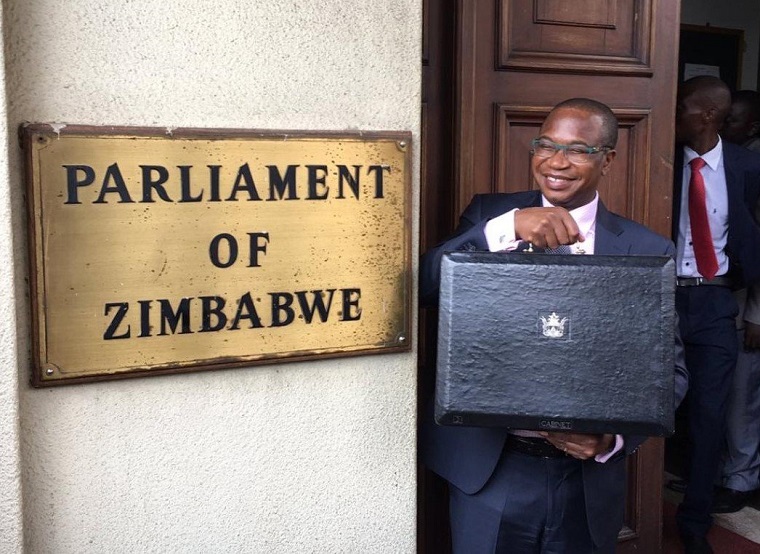The Bad
There are steps that Ncube took that will potentially have a negative impact on the economy, especially on the poor, who are having to carry much of the burden.
Inflation is already on the march, and Ncube expects it to close the year at 25.9%, having reached 20.85% in October. Adding fuel to the fire, Ncube has increased excise duty by 7 cents per litre on diesel and paraffin and 6.5 cents per litre on petrol. The duty will now be 38.5 cents for petrol and 33 cents for diesel.
Ncube’s reasoning on this? The volatility we have seen on the currency markets has distorted the fuel market, such that our fuel is now “relatively cheaper compared to prices obtaining in the region, creating an arbitrage opportunity for local consumers and transiting vehicles”.
But consumers already pay too much tax on their fuel. Apart from the excise duty, consumers pay 8.2 cents and 2.8 cents for every litre of petrol and diesel, respectively, towards paying off an old NOCZIM debt. There is also a ZINARA road tax and carbon tax priced into every litre. In addition, did Ncube not, just last month, say foreign truckers would be forced to buy fuel in US dollars?
Businesses never need a second invitation to increase prices, and news of the increased excise duty may see more price hikes.
Ncube had been expected to scrap the 13th cheque, but the government will actually, for the first time in several years, pay $175 million bonuses inside the current financial year. There is a reduction, however, since it’s paid only on gross pay.
The wage bill will rise by 5% to $4.050 billion in 2019, although its share of total revenues will come down to 61% from 73% in 2018. Health got the third largest chunk, $694 million, with 66% of that going to the wage bill and the rest set aside for operations, maintenance and capex.
Defence ($547 million) and Home Affairs ($518 million) were fourth and fifth, respectively. Of the Defence budget, 71% goes to salaries, while the Home Affairs ministry spends 83% of its allocation on its workforce.
Ncube is laying off 419 civil servants above 65, which would save $4.2 million a year, but he has not gone far enough to cut the wage bill, which he says is still 90% of revenues.
Importers of cars and other imported luxuries will now have to pay duty in foreign currency.
Ncube says this is “in order to redirect use of scarce foreign currency to the productive sectors of the economy”. Car dealers were already buying and selling vehicles in foreign currency, and it seems only logical that duty reflect that. And by forcing luxury imports to pay duty in forex, Ncube is imposing a tariff on imports, in some ways more effective than SI 122.
However, the measure makes a mockery of government’s insistence that the US dollar is at par with RTGS or bond notes. This may also drive up demand for foreign currency. It will make it harder for many low income owners, who earn only local currency, to ever own a car.
Continued next page
(1001 VIEWS)


